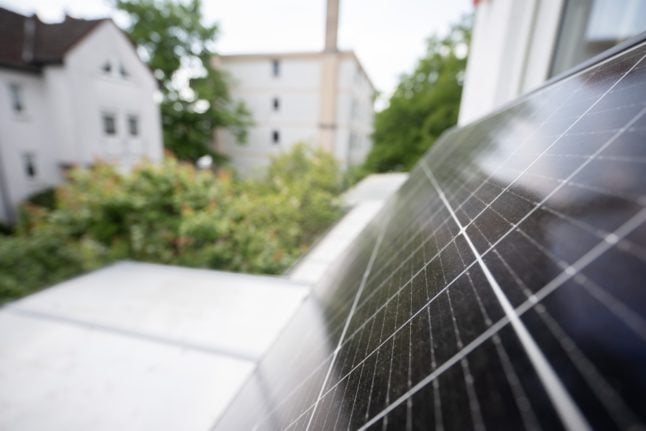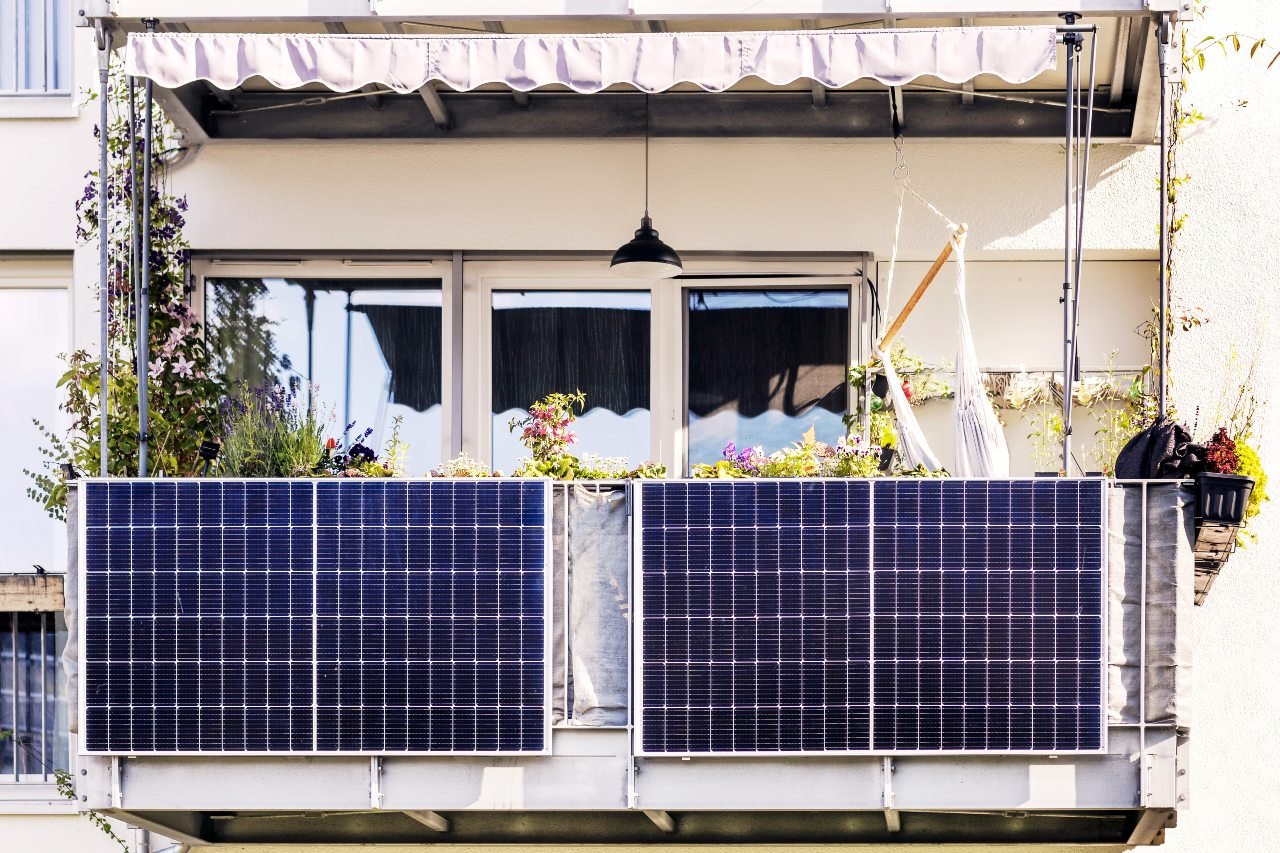At a time when interest rates are skyrocketing and the cost of living is high, it’s important for foreigners to find a good bank that doesn’t charge them over the odds and a solid savings account with competitive rates.
Unfortunately, that isn’t always as easy as it should be.
To help other readers, we’re gathering your tips on the best bank accounts and savings accounts for foreigners, whether it’s an international bank with great customer service or a German account with amazing perks.
Please help us out for a future article by filling in the survey below.
If the survey does not appear automatically for you below, click here to take part.




 Please whitelist us to continue reading.
Please whitelist us to continue reading.
Member comments